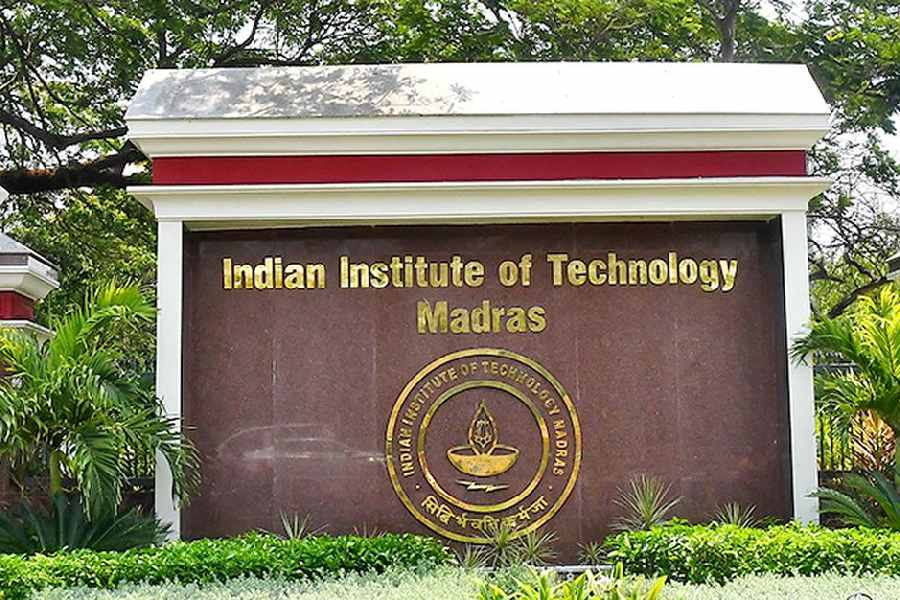The Indian Institute of Technology (IIT), Madras has become the first research organisation in the world to release the most detailed 3D high-resolution images of the fetal brain, Director V Kamakoti said on Tuesday.
The key applications of generating such high-resolution brain images are advancements to current fetal imaging technologies for early diagnosis and treatment of developmental disorders.
The pioneering work by the Sudha Gopalakrishnan Brain Centre of IIT Madras pushes the frontiers of Brain Mapping Technology and places India in the global league of brain mapping science as this is a first-of-its-kind work anywhere in the world, he said.
According to researchers, it is vital for the country to understand brain development from the foetus to a child, to adolescence and to a young adult, and developmental disorders like learning disabilities and autism.
"For the first time globally, 5,132 brain sections have been captured digitally using cutting-edge Brain Mapping Technology developed by the Sudha Gopalakrishnan Brain Centre in the institute. This work will advance the field of neuroscience and potentially lead to the development of treatment for health conditions affecting the brain.
"This monumental work is the first time such advanced human neuroscience data has been produced from India. The project was done at less than 1/10th of the cost in Western countries. The research was undertaken by a multidisciplinary team at IIT Madras with researchers from India, Australia, the US, Romania and South Africa, and medical collaborations with Chennai-based Mediscan Systems and Saveetha Medical College Hospital," Kamakoti said.
The findings of the research have been accepted for publication as a special issue by the Journal of Comparative Neurology, a century-old peer-reviewed systems neuroscience journal.
This data set, 'DHARANI', is freely available for all researchers worldwide.
"DHARANI is now the largest publicly accessible digital dataset of the human fetal brain, created with less than one-tenth of the initial funds that powered the Allen Brain Atlas, and with a technology platform that was entirely custom-made in India between 2020 and 2022, during the COVID pandemic," said Suzana Herculano-Houzel, Editor-in-Chief, Journal of Comparative Neurology.
"IIT Madras, thus, joins the Allen Brain Institute, and India joins the US, at the table of human brain cartography where large sums are invested to provide mankind with freely-available atlases of the available knowledge about the structures that compose the human brain," he added.
The Sudha Gopalakrishnan Brain Centre was launched in 2022 to power a large-scale multi-disciplinary effort in the fields of science, technology, computing and medicine and to map human brains at the cellular level.
Except for the headline, this story has not been edited by The Telegraph Online staff and has been published from a syndicated feed.










